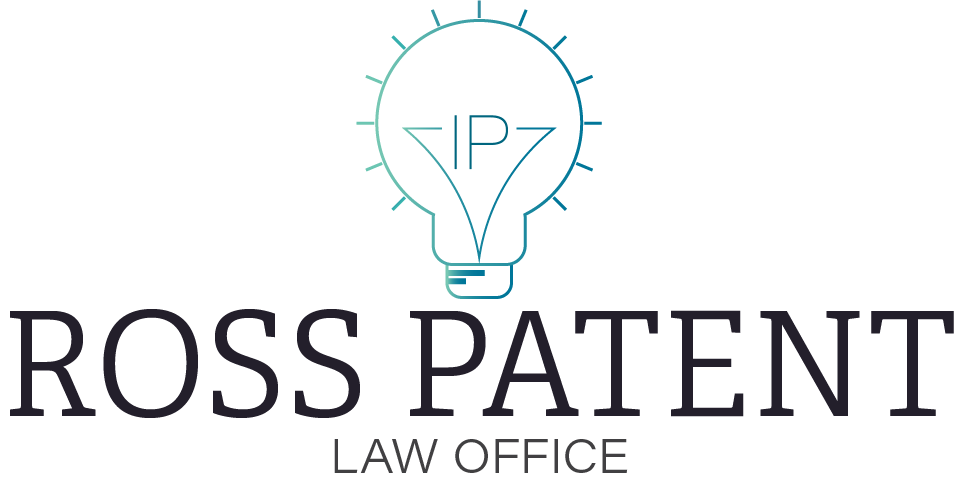Combatting Counterfeiting: Challenges in Protecting Intellectual Property Rights
What is Counterfeiting and Its Impact on Intellectual Property Rights?
Counterfeiting refers to the production of imitation goods, often of inferior quality, with the intention of deceiving consumers into purchasing them as genuine products. Counterfeit goods encompass a wide range of items, from luxury goods to everyday consumer products. This illicit practice directly infringes upon intellectual property rights, as it involves the unauthorized use of trademarks, patents, or copyrights owned by others.
Counterfeit and pirated goods pose a significant threat to right holders, including creators, innovators, and businesses, by undermining their ability to benefit from their creations. The sale of counterfeit products not only results in financial losses for the legitimate holders of intellectual property rights but also tarnishes their reputation and brand value.
How to Combat Counterfeiting and Protect Intellectual Property Rights?
Various strategies can be employed to combat the proliferation of counterfeit goods in the market. These may include implementing stringent anti-counterfeiting measures, enhancing intellectual property enforcement efforts, and raising awareness among consumers about the risks associated with counterfeit products. Customs and border protection agencies play a crucial role in intercepting and seizing counterfeit goods at ports of entry, thereby preventing the distribution of infringing goods in the domestic market.
Anti-counterfeiting measures are essential in safeguarding the intellectual property rights of creators and innovators. By actively combating counterfeiting, right holders can protect their intellectual property from unauthorized use and ensure that consumers receive genuine and safe products.
What Are the Legal and Enforcement Measures Against Counterfeiters and Pirates?
A robust legal framework is essential for effectively combatting counterfeiting and piracy. Laws related to intellectual property rights provide the necessary tools for enforcement agencies to take action against counterfeiters and pirates. Enforcement actions may involve conducting raids, investigations, and legal proceedings to hold infringers accountable for their actions.
Trademark and intellectual property rights protection are critical components of anti-counterfeiting efforts. By registering trademarks and other intellectual property rights, creators and businesses can establish legal grounds to prevent the unauthorized use of their intellectual creations.
How Does Counterfeiting and Piracy Affect Public Health and Safety?
The sale of counterfeit goods not only impacts the economy and intellectual property rights but also poses serious risks to public health and safety. Counterfeit products, especially in sectors like pharmaceuticals and food, can contain harmful substances that endanger consumers' well-being. Efforts to safeguard public health from counterfeit products involve stringent quality control measures, regulatory oversight, and public awareness campaigns to educate consumers about the dangers of counterfeit goods.
Consumers face safety concerns when purchasing counterfeit items, as these products may lack the necessary quality standards and certifications required for genuine goods. By combatting counterfeiting, stakeholders can mitigate the risks associated with counterfeit products and protect consumers from potential harm.
What Are the International Efforts to Combat Counterfeiting and Piracy?
The fight against counterfeiting and piracy is a global endeavor that requires international cooperation and coordination. The European Union has taken significant steps to combat counterfeiting through legislative actions and collaboration with member states. National intellectual property rights coordination efforts help streamline anti-counterfeiting initiatives and enhance enforcement mechanisms at the domestic level.
Global cooperation among member states is essential in addressing the transnational nature of counterfeiting and piracy. By sharing intelligence, best practices, and enforcement strategies, countries can collectively combat illicit activities that undermine intellectual property rights and consumer safety.



